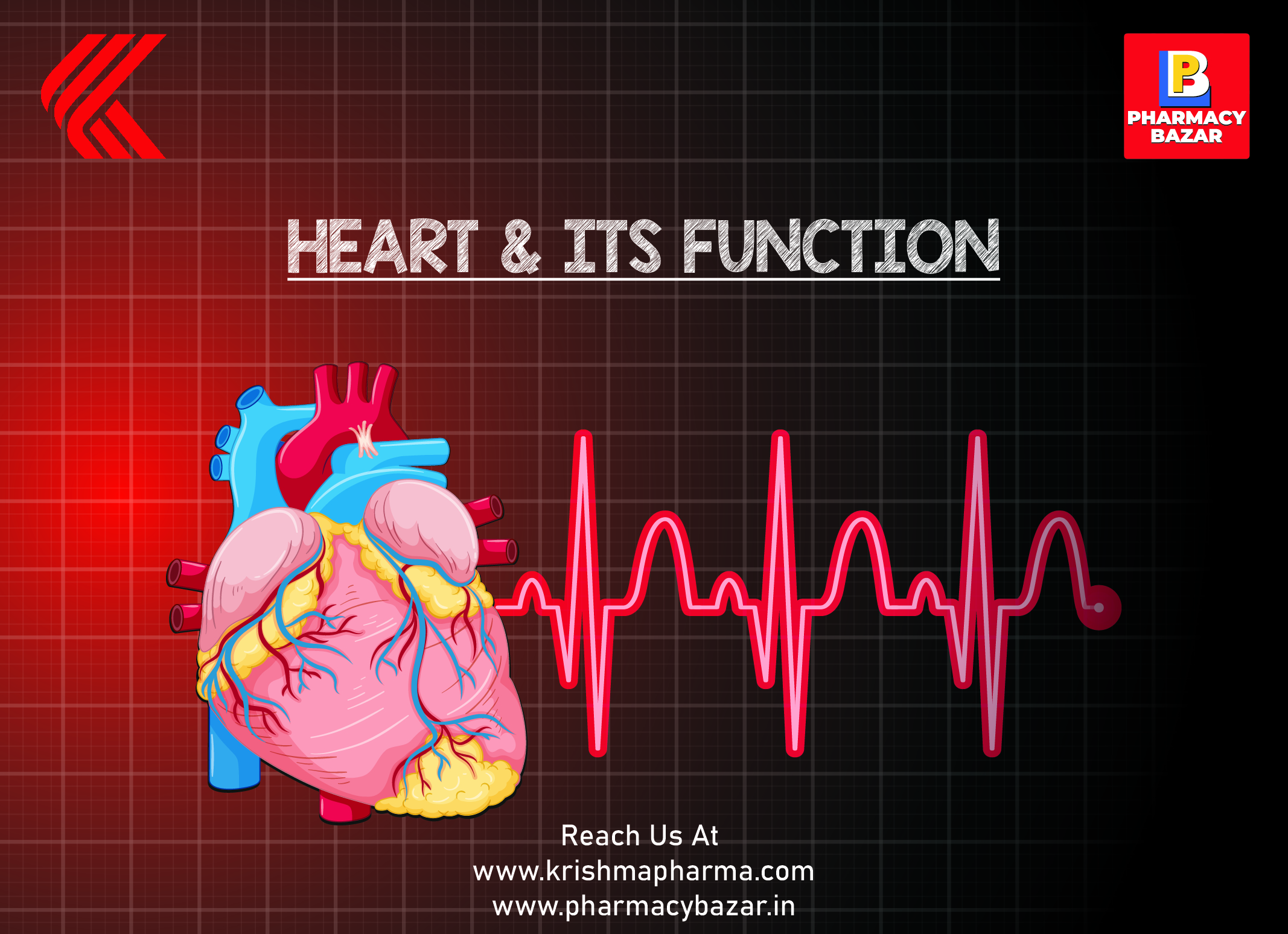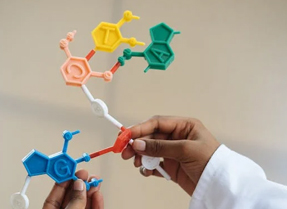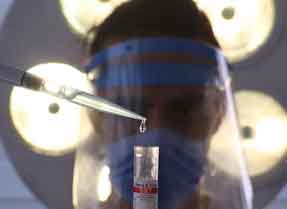
April 11th 2023
HEART & ITS FUNCTIONS
The heart is one of the most important organs in the human body, responsible for pumping blood throughout the circulatory system. It is a muscular organ located in the chest, between the lungs, and is roughly the size of a closed fist. The heart's function is critical to the body's overall health, and any damage to the heart can lead to serious health issues.
The heart's primary function is to pump blood to all parts of the body, providing oxygen and nutrients to the cells and organs. Blood is pumped through a network of blood vessels, including arteries, veins, and capillaries. The heart also helps to remove waste products from the body, such as carbon dioxide.
The heart has four chambers: the right atrium, the left atrium, the right ventricle, and the left ventricle. The atria are the upper chambers of the heart, while the ventricles are the lower chambers. The right atrium receives blood from the body and pumps it into the right ventricle. The right ventricle then pumps the blood to the lungs to be oxygenated. The left atrium receives oxygenated blood from the lungs and pumps it into the left ventricle. The left ventricle then pumps the blood out to the rest of the body.
The heart is made up of specialized cardiac muscle tissue that contracts and relaxes in a coordinated manner to pump blood throughout the body. The heart also has its own electrical system, which controls the rate and rhythm of the heart's contractions. The electrical impulses that control the heart's contractions originate in the sinoatrial (SA) node, located in the right atrium. These impulses then spread to the atrioventricular (AV) node, located between the atria and ventricles, and then to the ventricles, causing them to contract.
The heart's function can be affected by a variety of factors, including age, genetics, lifestyle, and underlying medical conditions. For example, high blood pressure, high cholesterol, and smoking can all increase the risk of heart disease. Other factors, such as stress and lack of physical activity, can also have a negative impact on heart health.
Maintaining a healthy heart is crucial for overall health and well-being. This can be achieved through lifestyle changes such as regular exercise, a healthy diet, and stress management. Regular check-ups with a healthcare provider can also help identify any potential issues early on, allowing for prompt treatment.
In conclusion, the heart is a vital organ responsible for pumping blood throughout the body. Its function is critical to the body's overall health, and any damage to the heart can lead to serious health issues. Understanding the heart's structure and function is key to maintaining a healthy heart and preventing heart disease.
DISCLAIMER: This article is the property of Pharmacy Bazar and is protected by copyright laws. The information provided in this article is for educational and informational purposes only and is not intended to be a substitute for professional medical advice, diagnosis, or treatment. Always seek the advice of a qualified healthcare provider with any questions you may have regarding a medical condition. Never disregard professional medical advice or delay in seeking it because of something you have read in this article. The author and publisher of this article do not endorse any specific treatments, procedures, or products mentioned in this article.
.png)
.jpg)
.jpg)




